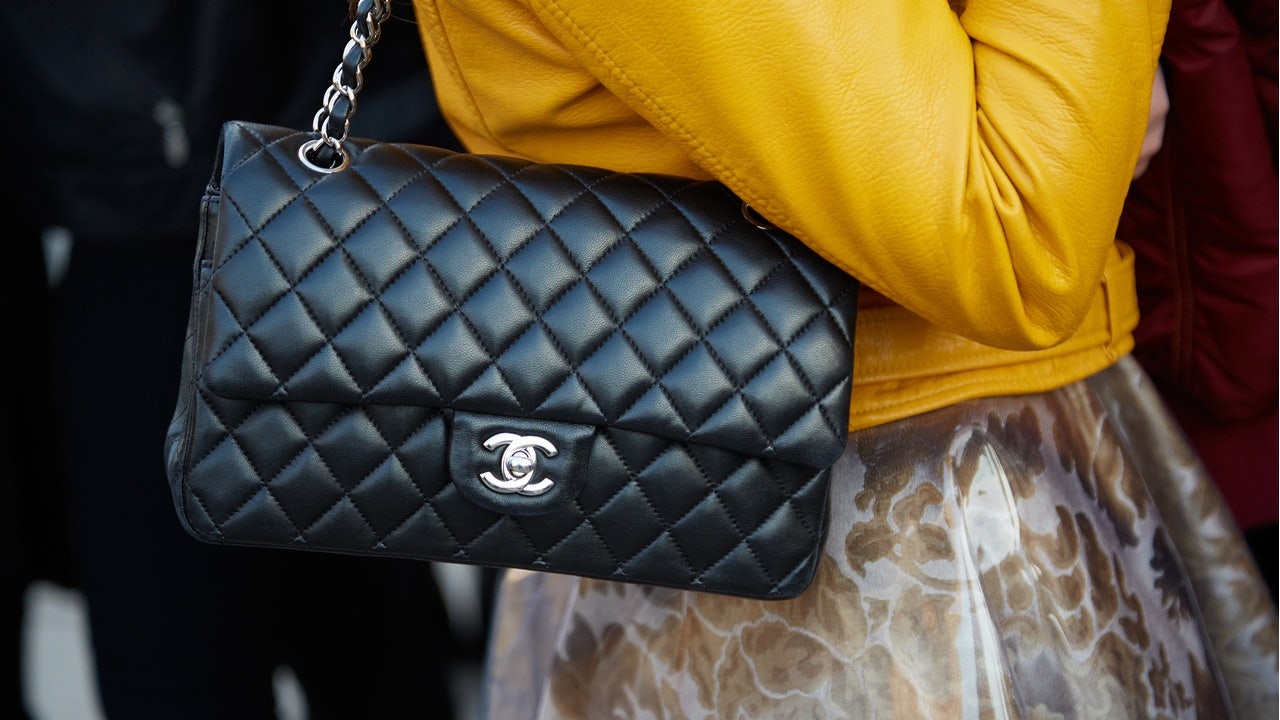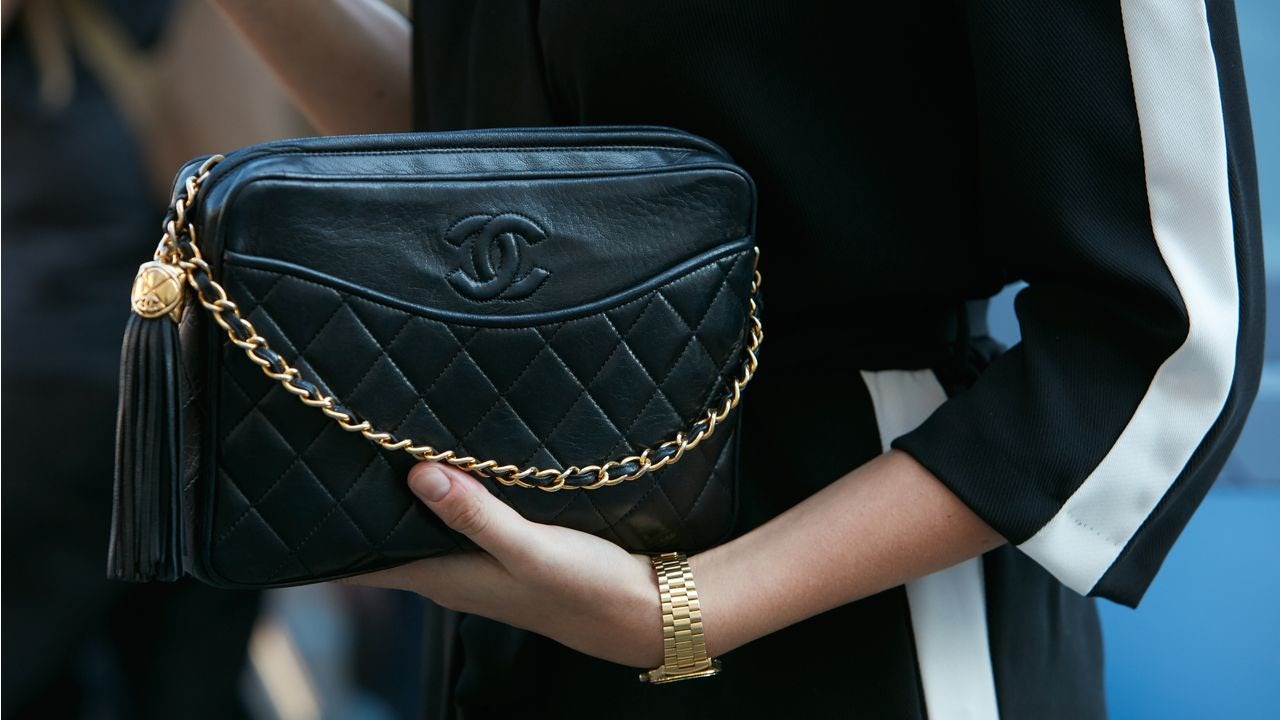What happened
The resale market is about to take a hit as Chanel, starting this month, is now limiting the number of purchases for its most popular handbags — the “Classic Flap Bag” and the “Coco Handle” — to one of each per customer per year. The new policy also extends to other small Chanel leather products, which eager consumers can no longer buy more than two of the same product per year. Moreover, this comes as the brand has already raised the prices of its hottest products three times this year. But no matter, the two handbags continue to be sought after by consumers, as can be seen in the long lines to purchase them.
The Jing Take
As the resale market continues to surge, luxury Maisons are turning to a new scenario through purchase restriction policies to preserve their exclusivity. Recently, Hermès also limited the number of handbag purchases to only two of the same style twice a year. Needless to say, the high-end house’s cultivated consumers were less than thrilled to be limited in what they want to buy. However, for the brands, this is an indispensable move to tackle issues like daigou buying stock out and reselling them at marked-up prices.
China is known for its extensive resale grey-market, managed by scores of daigous. According to BCG estimations 35 billion was spent by Chinese consumers in the overseas luxury market in 2020, and a remarkable 28 billion (80 percent) was spent through the use of a daigou service. Although these surrogate buyers may in the short-term help brands to boost their sales, in the long run they can hurt global brands to not only identify loyal consumers, but also be able to establish proper relationships and share the appropriate brand experience to them.
But, perhaps a more worrying trend is the chaotic price positioning and the counterfeit issues that trails the resale market. As a result, companies can see their brand image diluted. Yet, there is also a bright side, as daigou are known for promoting and selling various brand collections thanks to their hundreds, if not thousands of loyal WeChat customers. On balance, however, Chanel’s move makes sense in the long run. But resale or not, luxury is about scarcity. And as demand surges, brands will continue to restrict purchases. They’re not looking to inundate the global luxury market with excess inventory and lose their aura of scarcity. Given this, it is foreseeable that more global brands will follow suit in China and beyond.
The Jing Take reports on a piece of the leading news and presents our editorial team’s analysis of the key implications for the luxury industry. In the recurring column, we analyze everything from product drops and mergers to heated debate sprouting on Chinese social media.


